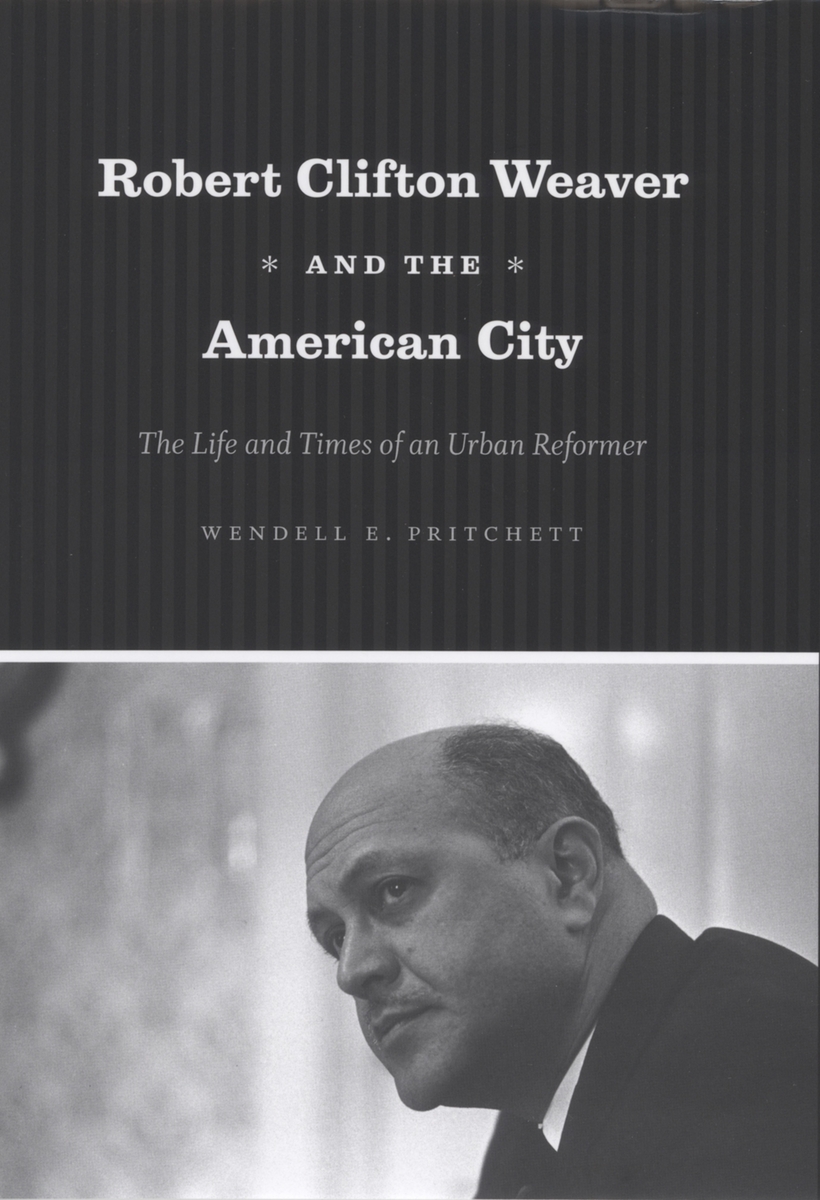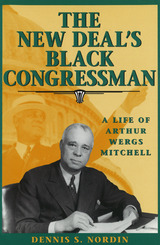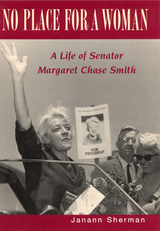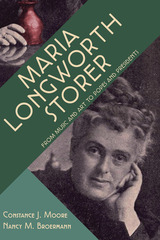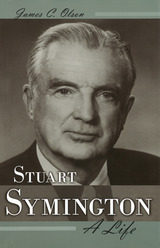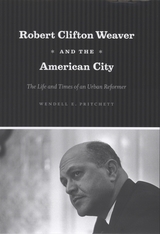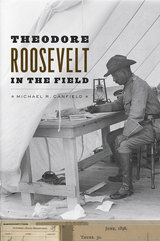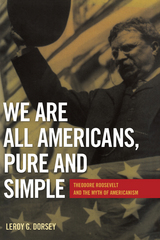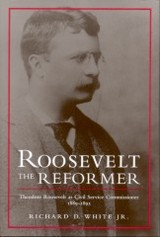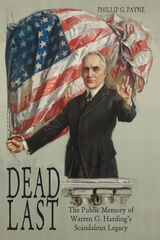Robert Clifton Weaver and the American City: The Life and Times of an Urban Reformer
University of Chicago Press, 2008
Cloth: 978-0-226-68448-2 | Paper: 978-0-226-21401-6 | eISBN: 978-0-226-68450-5
Library of Congress Classification E748.W425P75 2008
Dewey Decimal Classification 352.293092
Cloth: 978-0-226-68448-2 | Paper: 978-0-226-21401-6 | eISBN: 978-0-226-68450-5
Library of Congress Classification E748.W425P75 2008
Dewey Decimal Classification 352.293092
ABOUT THIS BOOK | AUTHOR BIOGRAPHY | REVIEWS | TOC | REQUEST ACCESSIBLE FILE
ABOUT THIS BOOK
From his role as Franklin Roosevelt’s “negro advisor” to his appointment under Lyndon Johnson as the first secretary of Housing and Urban Development, Robert Clifton Weaver was one of the most influential domestic policy makers and civil rights advocates of the twentieth century. This volume, the first biography of the first African American to hold a cabinet position in the federal government, rescues from obscurity the story of a man whose legacy continues to affect American race relations and the cities in which they largely play out.
Tracing Weaver’s career through the creation, expansion, and contraction of New Deal liberalism, Wendell E. Pritchett illuminates his instrumental role in the birth of almost every urban initiative of the period, from public housing and urban renewal to affirmative action and rent control. Beyond these policy achievements, Weaver also founded racial liberalism, a new approach to race relations that propelled him through a series of high-level positions in public and private agencies working to promote racial cooperation in American cities. But Pritchett shows that despite Weaver’s efforts to make race irrelevant, white and black Americans continued to call on him to mediate between the races—a position that grew increasingly untenable as Weaver remained caught between the white power structure to which he pledged his allegiance and the African Americans whose lives he devoted his career to improving.
Tracing Weaver’s career through the creation, expansion, and contraction of New Deal liberalism, Wendell E. Pritchett illuminates his instrumental role in the birth of almost every urban initiative of the period, from public housing and urban renewal to affirmative action and rent control. Beyond these policy achievements, Weaver also founded racial liberalism, a new approach to race relations that propelled him through a series of high-level positions in public and private agencies working to promote racial cooperation in American cities. But Pritchett shows that despite Weaver’s efforts to make race irrelevant, white and black Americans continued to call on him to mediate between the races—a position that grew increasingly untenable as Weaver remained caught between the white power structure to which he pledged his allegiance and the African Americans whose lives he devoted his career to improving.
See other books on: 1907- | American City | Cabinet officers | Officials and employees | Urban policy
See other titles from University of Chicago Press
